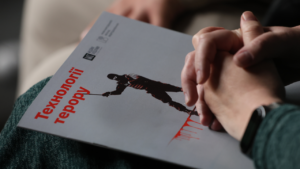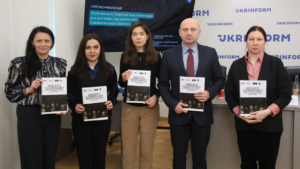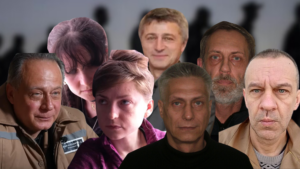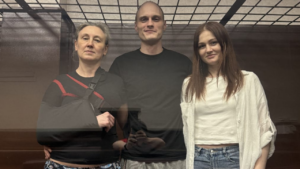Rescue mission: what happens in Russian captivity and how to prevent the death of Ukrainian POWs
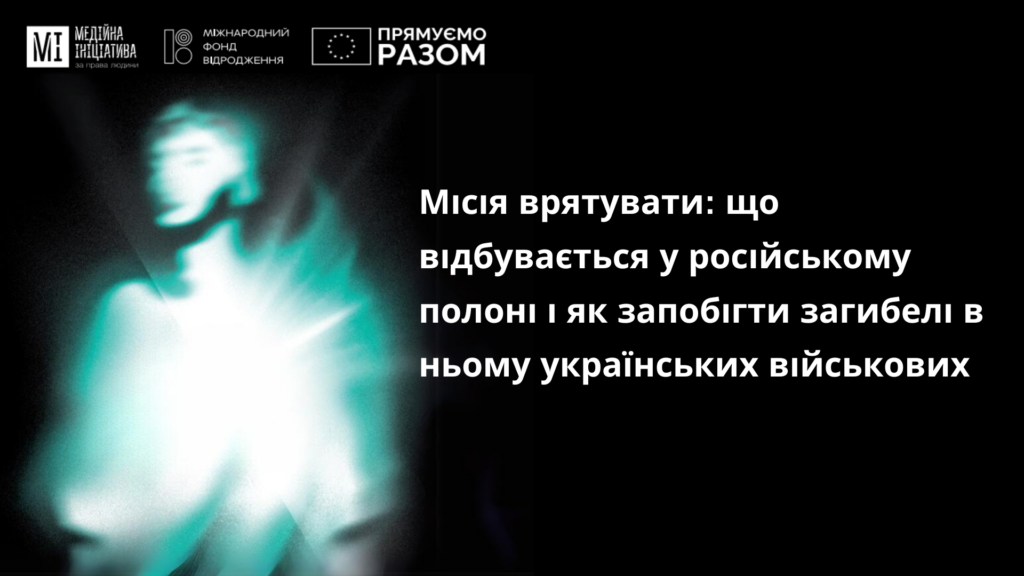
According to International Humanitarian Law, during an armed conflict, parties to the conflict may take enemy soldiers prisoner. The critical purpose of captivity is to prevent further participation of soldiers in hostilities. At the same time, prisoners of war should be held in decent conditions separately from civilians, and the parties holding them are obliged to comply with the Geneva Convention relative to the Treatment of Prisoners of War. However, Russia systematically disregards IHL, and international organizations that are supposed to monitor the conditions of detention of prisoners, such as the ICRC, do not influence it.
For at least the last five years, the Media Initiative for Human Rights has been documenting military testimonies about Russian captivity. We record cases of not only abuse but also deaths of prisoners of war due to beatings, torture, serious illnesses, and lack of medical care in places of detention. As of January 2024, we know of 21 Ukrainian soldiers who died in captivity in the Russian Federation. Separately from these statistics, we count 47 prisoners of war who died on the night of July 28-29, 2022, in the Volnovakha penal colony No. 120 in Olenivka. At that time, explosions occurred in a barracks with Azov prisoners.
Witnesses also tell of prisoner suicides due to psychological, sexual, or other violence. We also know about executions of Ukrainian soldiers immediately after capture without transferring them to camps or detention centers. In addition, when the bodies of service members who died in captivity are returned to Ukraine, their condition often does not allow us to determine the cause of death, and the Russians hide this information in their documents.
Additionally, the MIHR monitors the trials of Ukrainian prisoners of war or Ukrainians who should have protected status under international humanitarian law but are denied this status by the Russian Federation. We also reconstructed the events of the mass murder of prisoners in the Olenivska colony.
All these facts became the basis for our analysis: “Rescue mission: what happens in Russian captivity and how to prevent the death of Ukrainian POWs.” In it, MIHR also provides recommendations to the Ukrainian authorities, the International Committee of the Red Cross and other states on how they can prevent the deaths of Ukrainian soldiers in captivity.
Read the analysis here or below.


